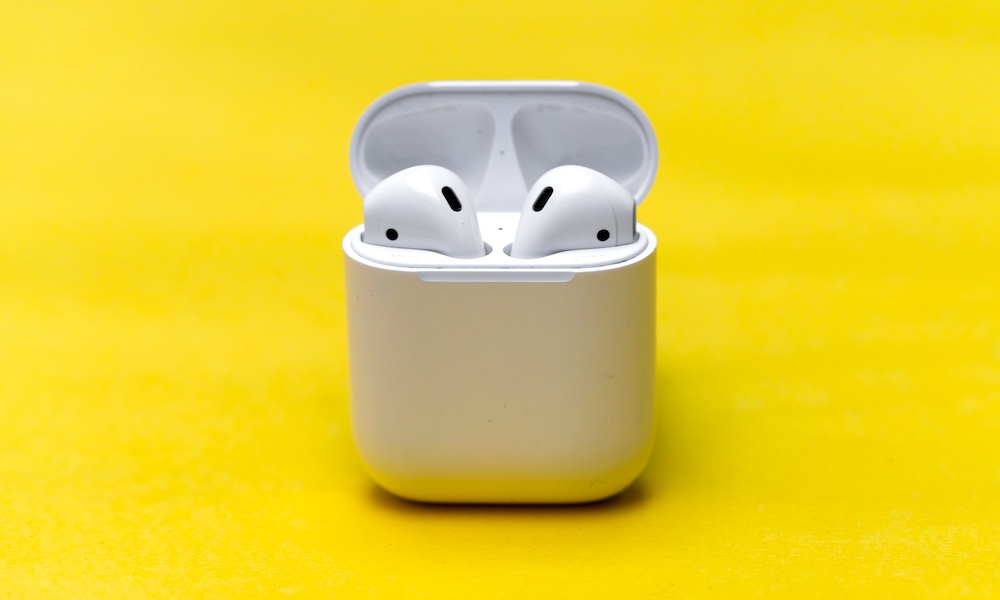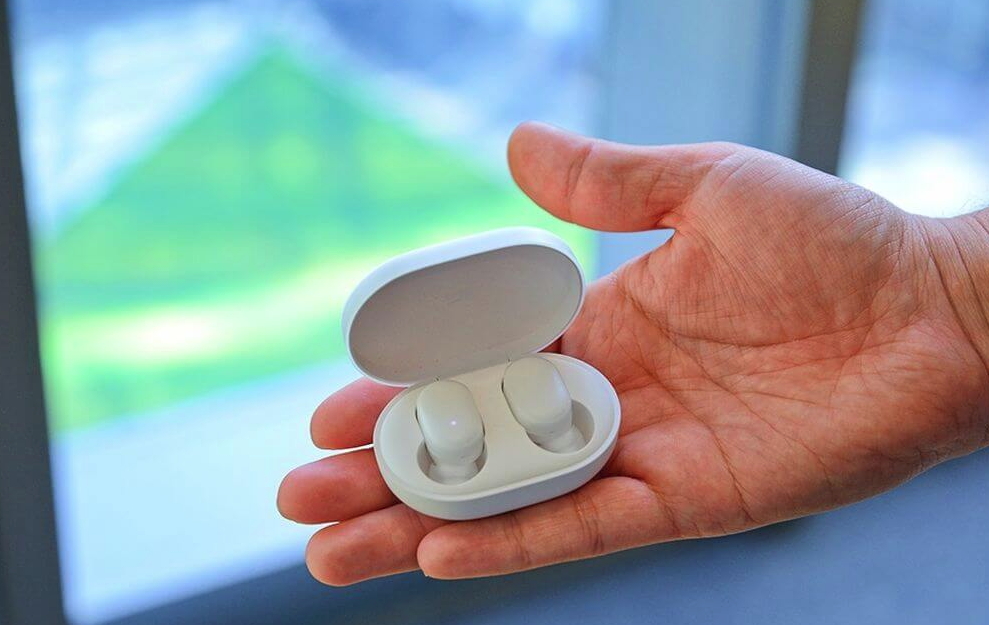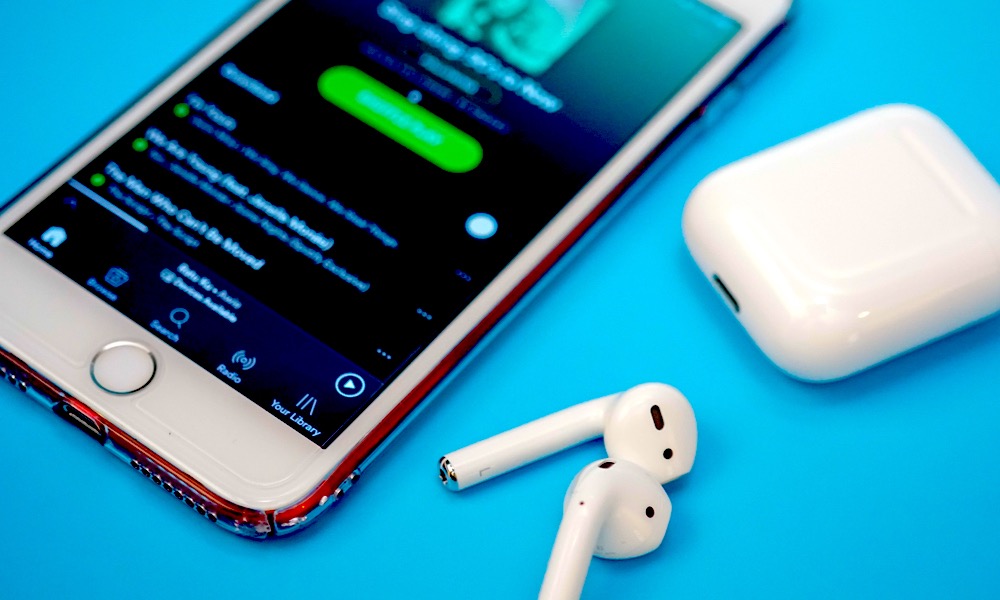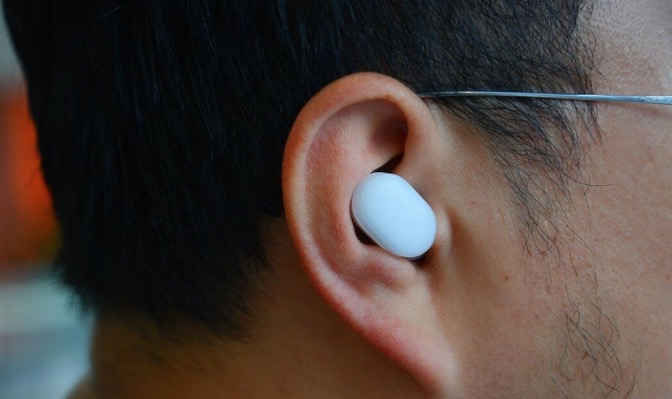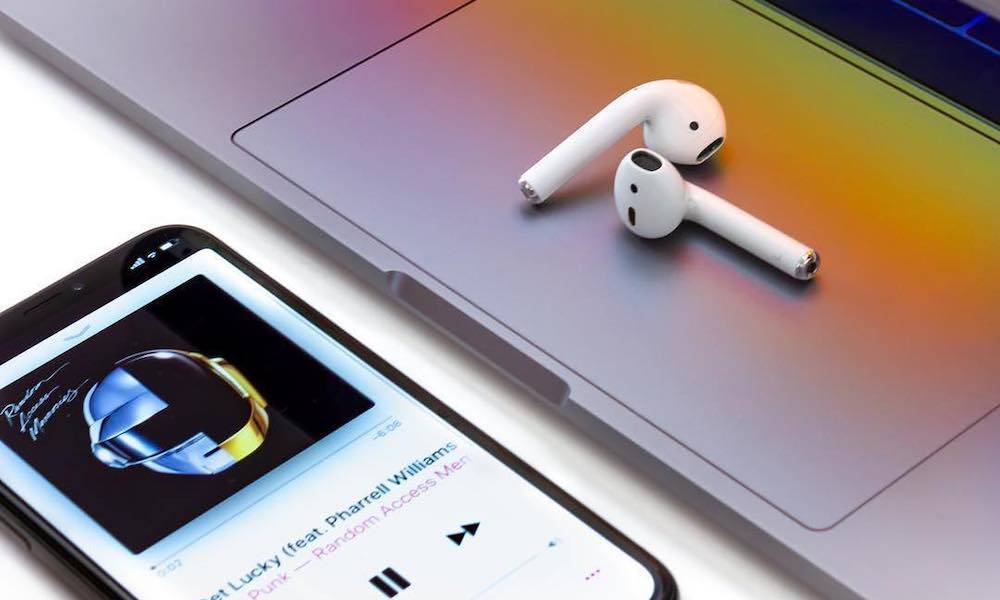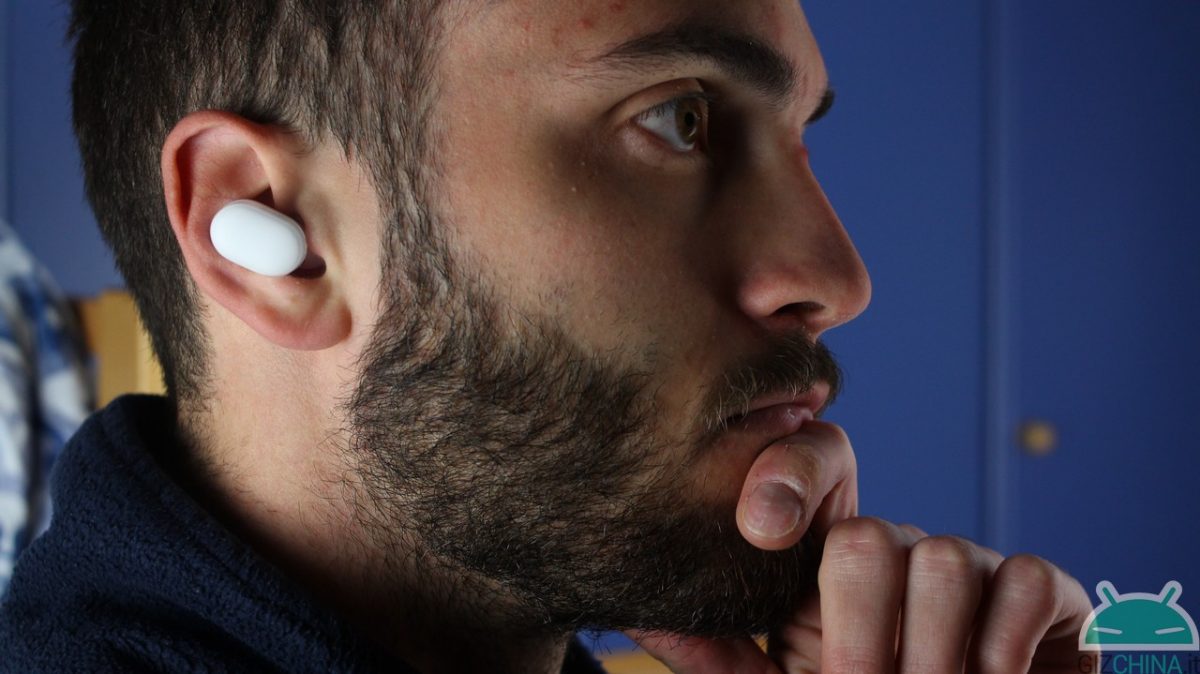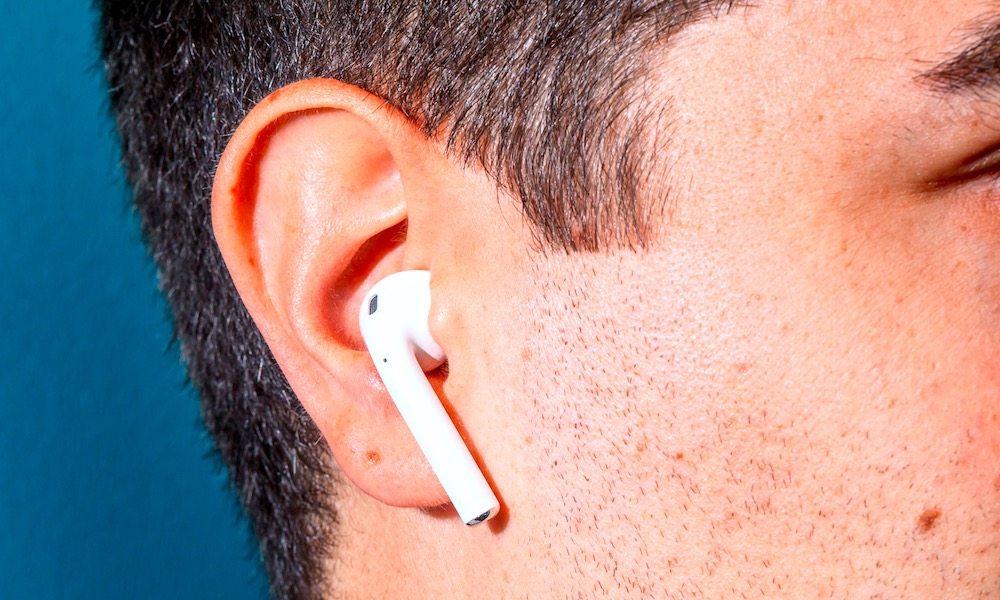AirPods vs. Xiaomi AirDots – 5 Things You Need to Know
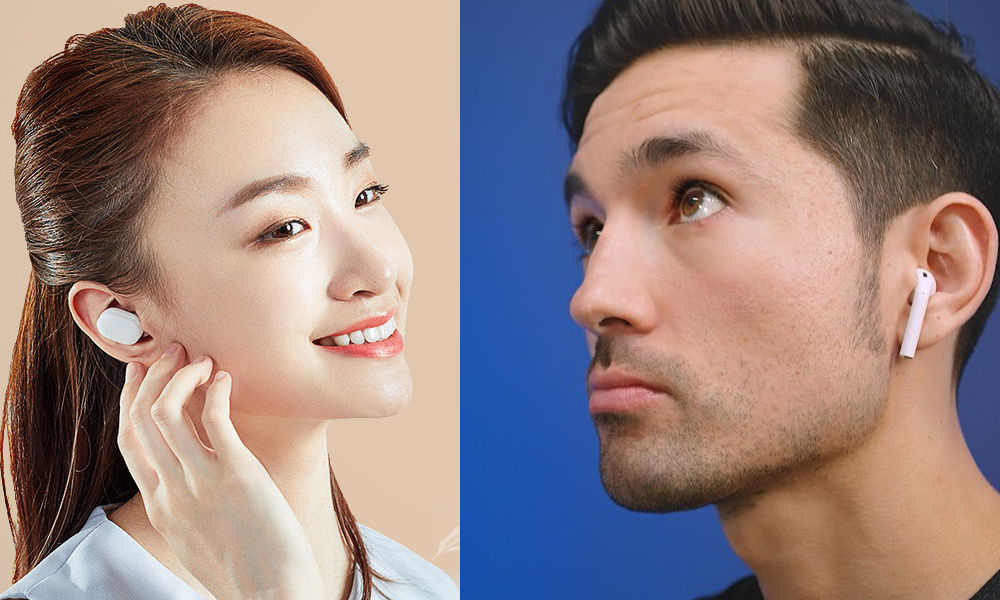 Credit: Jonathan Morrison / Xiaomi
Credit: Jonathan Morrison / Xiaomi
Apple’s truly wireless AirPods aren’t only among the most advanced and premium-quality wireless earbuds in their class, but their very existence has spawned an influx of copycats. We’ve shed the spotlight on several of these over the years, such as Air Buds Wireless Bluetooth Earphones or FireFlies True Wireless Earbuds offering sleek, attractive designs and decent battery life — though they're often available for much less than Apple’s $150 signature wireless AirPods.
AirPods' latest affordable competitor, AirDots (manufactured by Xiaomi, often referred to as "the Apple of China"), offer a compelling feature set for the money. And while they’re not exactly the prettiest things to look at, there are several things worth knowing about AirDots to help determine if they’re a good low-cost AirPods alternative for you. Continue reading to learn 5 Things You Need to Know: AirPods vs. AirDots.
Aesthetics and Design
While AirPods are chic and attractive, exuding a futuristic yet sophisticated look set in Apple’s signature white-gloss plastic — AirDots "look more like hearing aids," featuring an "oval shape exterior" which makes them appear somewhat "bulky and a little bit heavy," according to some early comparisons.
Although they may not be as good-looking in comparison to Apple’s thoughtfully designed AirPods, AirDots do have the somewhat negligible advantage of weighing-in at just 1.4 ounces (39g), in comparison to AirPods' 1.6 ounces (46g).
Comfort
AirPods have received mostly positive reviews when it comes to comfort, with The Verge suggesting they're even more comfortable to wear than Apple’s EarPods. Business Insider, in its review, said that AirPods are not only comfortable but also easy to place in your ear.
AirDots, in comparison, are not as comfortable, the publication describes: “you might feel like your ears are clogged, as if you're in an airplane or underwater” when they’re worn, due to their silicon rubber earbud design.
Sound Quality
While they lack a dedicated noise-cancellation technology, Apple's AirPods are still able to produce crisp, clear audio with a "decent amount of bass."
AirDots, in comparison, have a “really good noise-canceling feature, powerful bass, and clear sound,” with a unique design capable of “blocking out most sound from your surroundings,” according to Business Insider.
Range, Battery Life & General Functionality
AirPods, according to Apple, are able to operate within a range of about 12 meters (or 40 feet), while AirDots offer a slightly shorter range of about 10 meters (or 32 feet), according to Xiaomi.
AirPods marginally outperform AirDots when it comes to battery life, too, with Apple quoting up-to 5-hours of audio playback on a single charge, and Xiaomi quoting 4-hours for AirDots — though both come in a similar, “pack of dental floss”-sized charging case.
Both AirPods and AirDots will allow you to conduct phone calls, though AirDots are ultimately not recommended for users who plan to use them mostly for this purpose, as they reportedly offer much less intuitive navigation and customization features, in comparison to AirPods.
Likewise, both will automatically link-up with a connected smartphone upon being placed inside your ear — although AirPods, bolstered by the power of Apple’s W1 SoC, do connect faster — though the difference appears to be negligible there, too.
Cost and Conclusion
Overall, AirPods offer seamless integration with Apple’s iPhone and iOS ecosystem — while an aesthetically beautiful design, technologies like the W1 chip and advanced, OS-level customizable controls make them a solid choice for die-hard Apple fans — even though they demand the premium price [~$147].
AirDots, although they seemingly fall short on design, comfort and general functionality metrics, are ultimately lauded as a “solid set of wireless headphones” offering “most of the features” AirPods offer, but for half the price [~$75.99].

